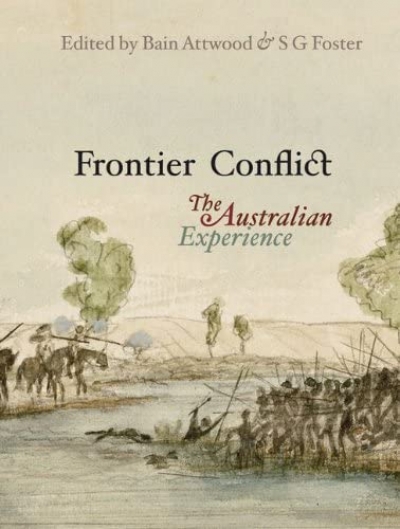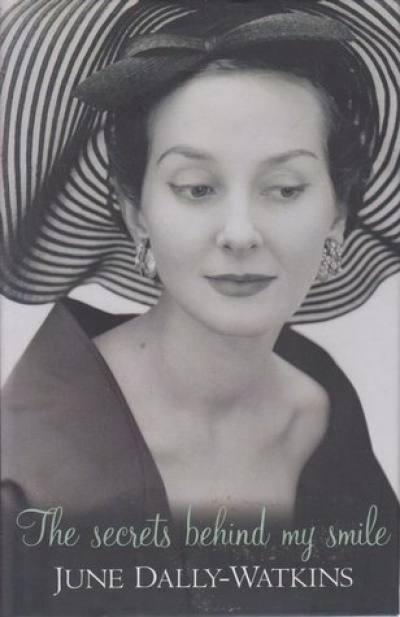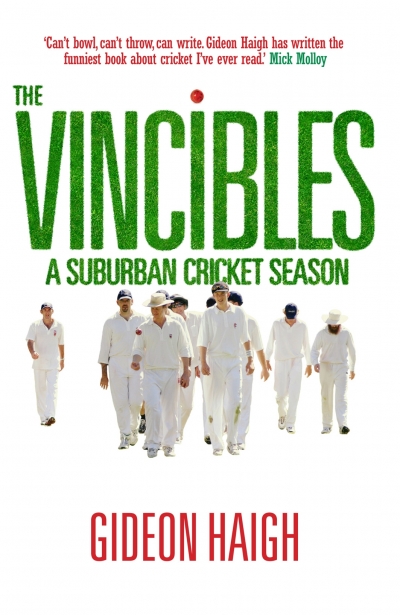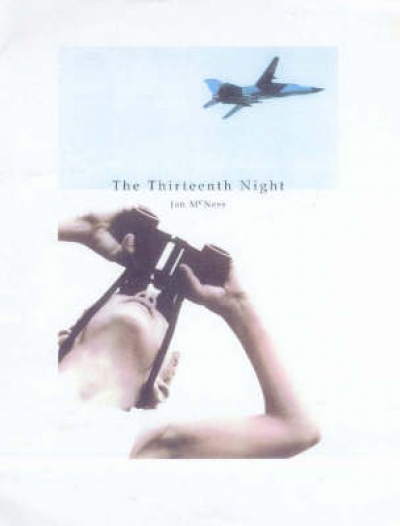Accessibility Tools
- Content scaling 100%
- Font size 100%
- Line height 100%
- Letter spacing 100%
Archive
Girls like books about friends and relationships. Boys like books about explosions and sport. Right? Like any generalisation based solely on gender, the answers are, invariably, ‘yes’; ‘sometimes’; ‘up to a point’ and ‘of course not’. This latest grab bag of junior fiction contains its fair share of ‘girlie’ books about friendship and ‘boyish’ books about sport. Thankfully, there are also some books to cater for other sections of the spectrum, including sensitive explorations of boys’ friendships and robust girls who trek up mountains.
Meg McKinlay’s Annabel Again (Walker, $14.95 pb, 143 pp, 9781921150104) lands us squarely in girlie territory. When Livvy’s best friend moves away, her world folds. With the best of intentions, her New Age mother hatches a plan to help Livvy forget about Annabel, as quickly as possible. But one year later, Annabel returns and Livvy believes things will be just the same again. But Annabel is distant and hostile, and nothing is the same. Can their friendship be resurrected? This book covers familiar ground, but the treatment of the girls’ friendships is refreshingly angst-free. This is a quick, humorous read that highlights both the strength and delicacy of friendship, and offers some sound advice about when not to listen to your mother.
... (read more)The Australian book is by and large a good-looking piece of merchandise. Surveying the pile of Christmas titles that thudded onto my desk right till the end of the year, I am struck by the air of careful grooming that most of them possess. Could one have said that of the Christmas books of 1968? Sophistication and confidence have advanced hand in hand and taken Australian publishing over. However, some books that I have looked at closely have proved disappointing in points of detail. It seems that the abundant skill which is at work in making books is often hard-pressed by the need for high productivity. Too little time, too many slips showing. To distinguish between avoidable carelessness and the unforeseeable mishap is a problem for the reviewer of book production.
... (read more)At the presentation of the Australian Book Publishers Association design awards for 1977–8 in Sydney last April, during a cocktail party at the association’s annual conference, I was struck by the inattentiveness of the gathering. A representative of the P&O Company, awarding for the first time a prize of $1000 for the book of the year (The Birds of Paradise and Bower Birds, published by William Collins, designed by Derrick I. Stone), could scarcely be heard above the party chatter. It seemed that many publishers who were present did not feel obliged to pay attention, their complacency abetting rudeness. One could almost hear them saying, ‘Well, yes, this was a disaster area up till the sixties, but we’ve fixed it now. Everyone knows that Australian books today are the equal of the world’s best.’
... (read more)Frontier Conflict: The Australian experience edited by Bain Attwood and S.G. Foster
Welcome to the 250th issue of ABR – or, rather, to the 250th issue of the magazine in its present guise. Some readers may be unfamiliar with the first series, which appeared between 1961 and 1973. It came out of Adelaide under the editorship of Max Harris, Rosemary Wighton and, for a time, Geoffrey Dutton. Kerryn Goldsworthy – herself an Editor for two years in the mid-1980s – writes fascinatingly about those early ABRs in her article ‘The Oily Ratbag and the Recycled Waratah’ (page 23). Like Kerryn, we celebrate the original begetters of ABR, and everyone else who has made the magazine such a success since the present series began in 1978. Independent magazines have never been more vital than now, when a remarkable (even eerie) editorial consensus obtains in the major Australian newspapers. We look forward to bringing you more cogent, questioning writing in coming years, and we trust you enjoy the 250th issue.
... (read more)





